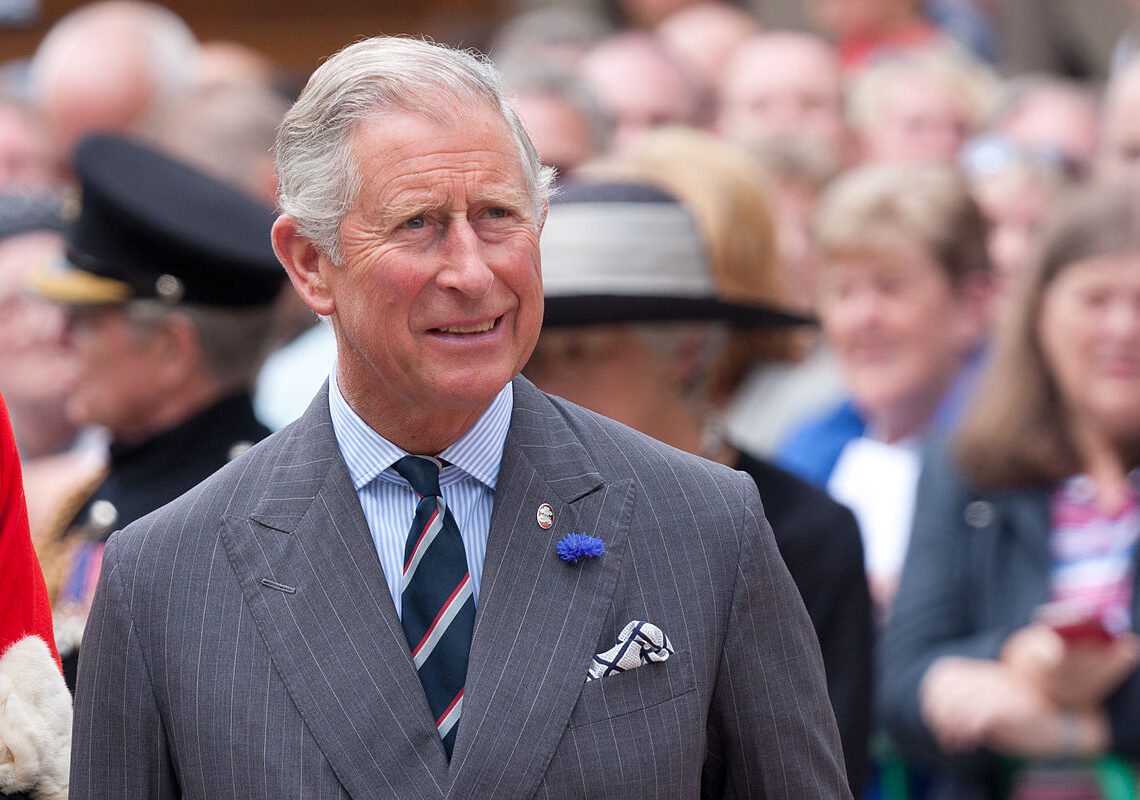Charles has been waiting a very long time to become King and the endless speculation about whether that would ever happen, or whether he would be skipped over in favor of his son, William, must have been hurtful. As recently as June 2022, a headline in Newsweek screamed, “Prince Charles Is Unfit to Be King”.
Queen Elizabeth, on the other hand, was widely admired and loved by her people. She never expressed an opinion on any matter, and that was by design. Adopting or even being suspected of adopting, a particular position could antagonize all those who don’t share it. By remaining neutral, she allowed her subjects to imagine that she felt exactly as they did on any issue.
But Charles is very different, he is committed to causes–many causes–almost all of them liberal. First and foremost, Charles is a passionate environmentalist. He has been warning the world of climate change well before it was the widely-known concept it is today. He was among the first to study and practice organic gardening. At the COP26 climate conference last year in Glasgow, Scotland, then-Prince Charles warned world leaders that they must adopt a “war-like footing” to deal with the global threat of climate change and biodiversity loss.
It isn’t only policy and concern for the planet’s health, Nature is also a personal need and solace for him. As far back as his second year at Cambridge in 1968, he said: “I cannot tell you how much I miss Balmoral and the hills and the air – I feel very empty and incomplete without it all.” Many horticulturists consider him as knowledgeable and innovative as a professional, although occasionally he is mocked in the media for statements like: “I just come and talk to the plants, really – very important to talk to them, they respond I find.” An early environmental warrior, he has also been called a “plant-talking oddball.”
The Prince of Wales turned his Highgrove estate into a model of environmentally-benign gardening and farming and contributed to a book on the subject, Highgrove: An Experiment in Organic Gardening and Farming. This commitment and expertise to the environment, horticulture and experimental agriculture were rewarded when he received the 10th Global Environmental Citizen Award from the Harvard Medical School’s Center for Health and the Global Environment back in 2007.
While Queen Elizabeth kept her opinions under wraps, Charles is known for interfering with government business in order to champion a cause. This has come to be known as ‘Heartfelt interventions’, private letters sent by Charles – nicknamed the “black spider memos” because of his characteristic handwriting – about topics ranging from farming to grammar schools. The Guardian reports that, “Such interventions have earned the prince a reputation for being meddlesome.” They expect him to be “true to his beliefs and contributions.” Insiders also expect him to modify the role of the monarch and that Charles “wants a slimmed-down monarchy to make sure that everybody is doing their bit and [there are] no so-called hangers-on.”
If these expectations are fulfilled, it looks like Charles may alienate the conservatives, the government functionaries and the royal family as well. None of this sounds like a recipe for popularity. He is known to be a difficult man and lacking in charisma, who will probably be a difficult King.
Still, the biggest hurdle to achieving popularity as a King may not be his lack of personal charm or his left-leaning causes; it may instead be the damage to his reputation done by his adulterous relationship with Camilla while married to Diana. For some people it’s the first thing they associate with his name. As this tweeter wrote: “King Charles” makes me think of the one who had a bunch of mistresses and affairs, so yeah that checks out.”
Another makes an even more alarming reference: “His namesakes are: the only king to ever get beheaded, and a notorious philanderer.” Contrary to the saying, it looks like the public doesn’t really have a short memory.
Will Charles remain true to himself and in the process, squander the popularity for the monarchy that his mother worked so hard to achieve for more than 70 years, or will he change his ways and court popularity? Time will tell.












